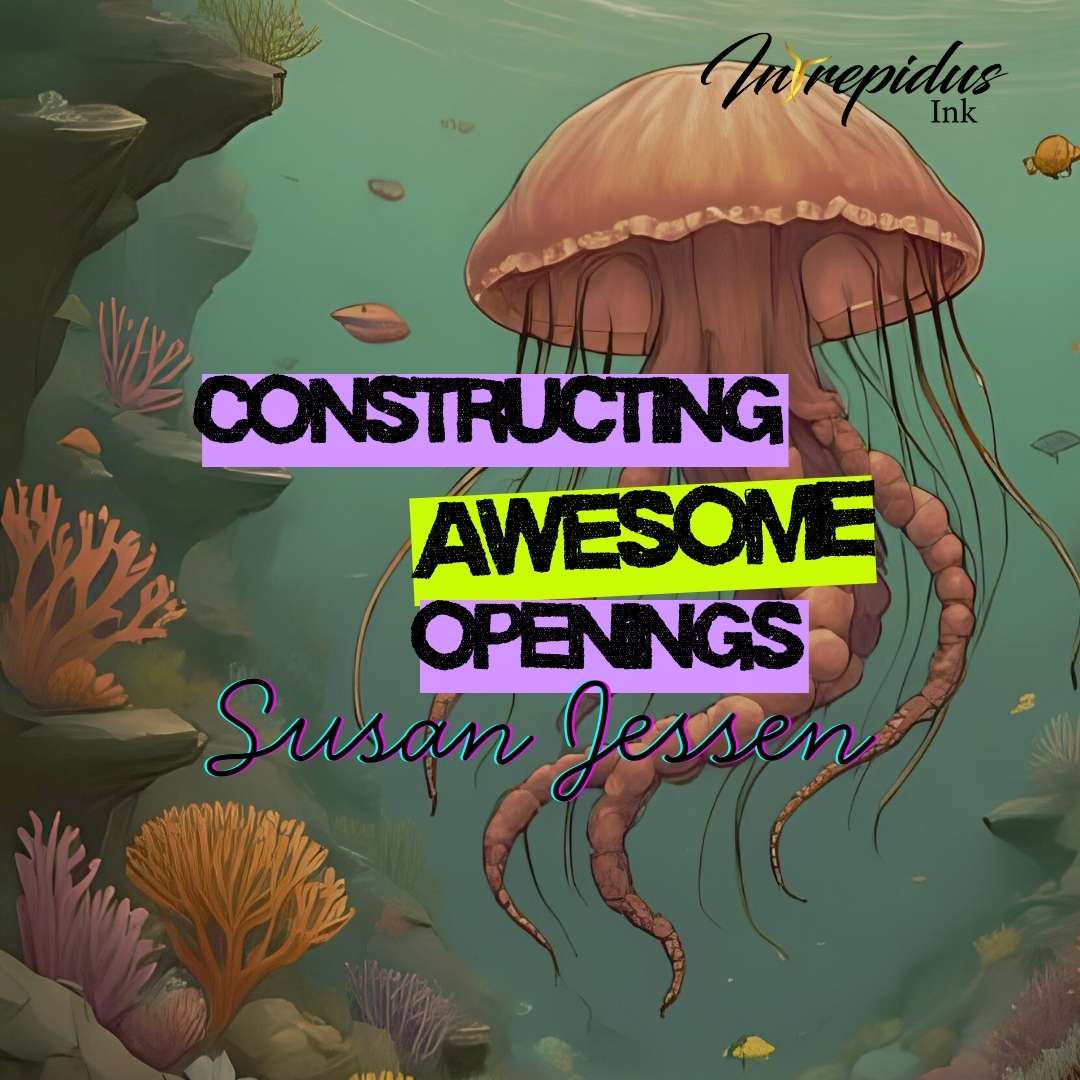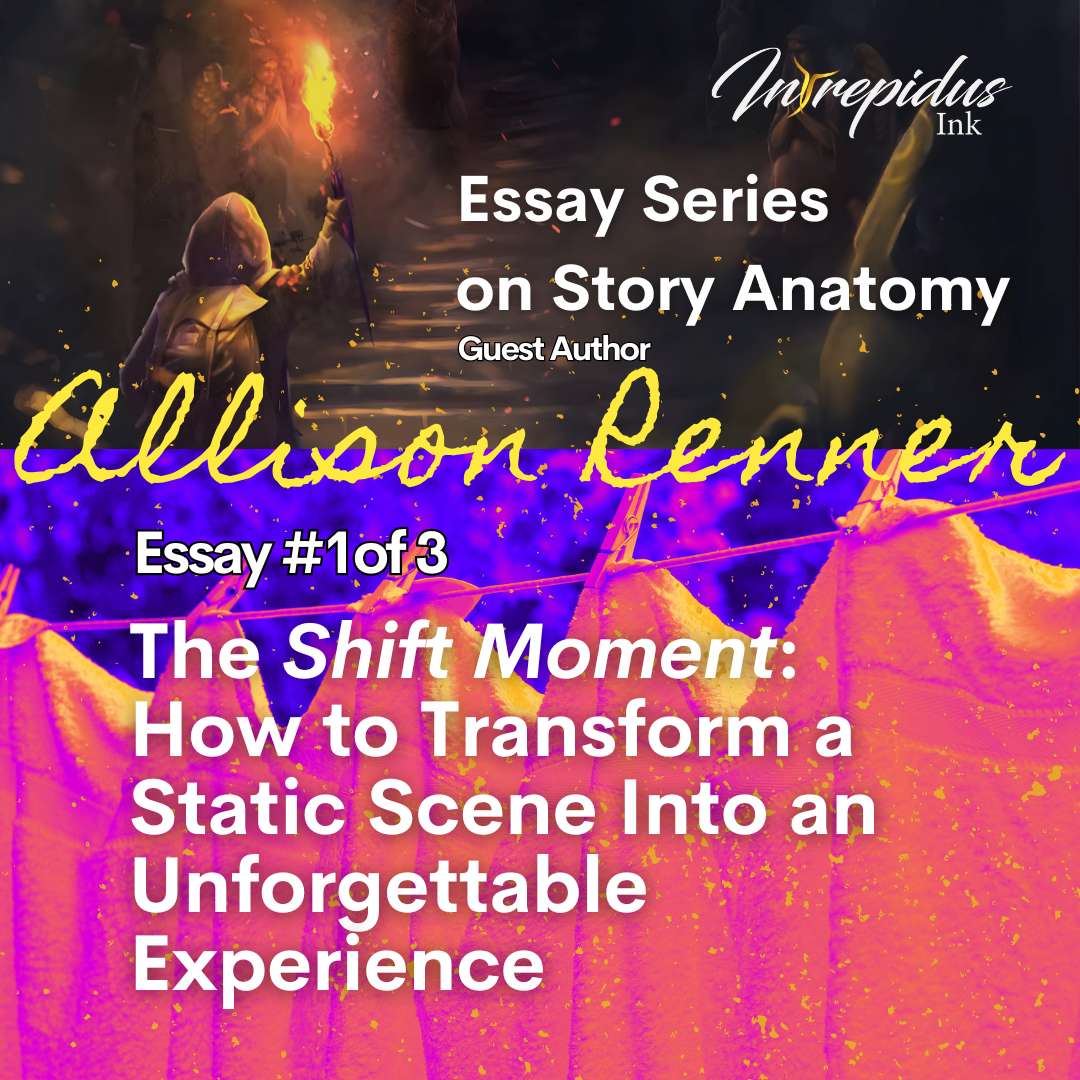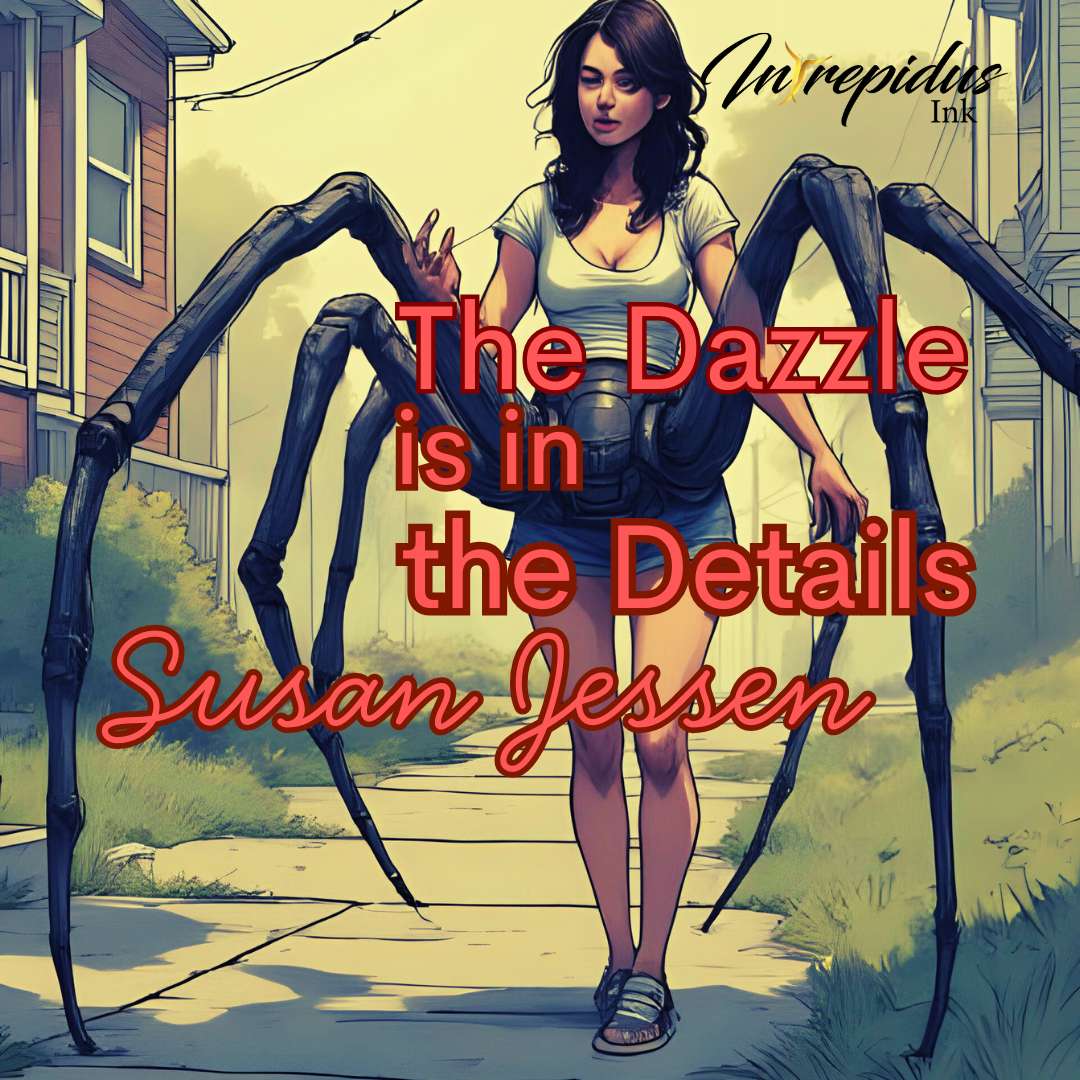
Essay #1 of 3
A powerful story isn’t just a sequence of events; it’s a journey. At the heart of that journey lies the shift moment–the turning point where something changes. The change could be an unexpected revelation, a character’s emotional breakthrough, or a sudden reversal of expectations. This shift transforms a story from a simple scene into an unforgettable experience. Shift moments turn static observations into compelling narratives. Here’s how.
FROM RESIGNATION TO CRISIS
The literary flash fiction “Held Up” by Elizabeth Collis, published on November 6, 2024, by Intrepidus Ink, begins with a late-stage pregnancy protagonist. Collis’s narrator is resigned, weighed down by her body and the emotional burden of her boyfriend’s abandonment. The narrator follows her mother’s instructions to gather the laundry, which kickstarts her labor. Then comes the shift moment.
A man appears. He’s faceless at first, concealed behind a sun-warmed sheet: As I pulled down the sheet and brought the edges together to fold it, my arms wrapped around someone standing on the other side. A moment that should have been ordinary, even serene, suddenly turns into a scene of danger. An on-the-run criminal presses a gun into her side and demands a vehicle.
The power shift is clear: he wants to escape, and she’s determined to survive for herself and her unborn child. The story is urgent, pitting two desperate needs against each other through high stakes and fear.
AN UNEXPECTED HUMAN CONNECTION
The second shift comes when the man realizes she’s pregnant: “Jesus, is that a baby bump?” He loosened his grip. “Shit.” His hands were hesitant now. His grip loosens. His urgency for escape falters. He stops threatening her and, instead, supports her through a contraction. For the first time in months, she is held, maybe not in love or comfort, but still in an unspoken human connection.
This unexpected intimacy between strangers shifts the scene from a hostage situation into a profound moment. Collis’s narrator stops fighting.
TAKING CONTROL: A SHIFT IN POWER
In the end, the final shift is hers to command. Collis’s narrator takes control with clear resolve: No, sinking wasn’t an option. A lull now, but the baby’s arrival was a hard fact, as solid as the gun in the outlaw’s hand. She stops resisting and starts thinking, shifting from panic to strategy. She instructs the man on how to escape, not to help him but to save herself. This is not a surrender; it’s a calculated move born of strength.
The story closes not with a chase or a confrontation but with the quiet power of survival through clarity. And yet, there’s one last layer. The next day, she sees him on the news—dangerous, hunted, and doomed to be caught. But she does not dwell on him. Instead, she holds her newborn child, breathing in her daughter’s scent—the smell of fresh linen, of beginnings, of everything ahead.
IN CLOSING
The shift moment transforms what could have been a suspenseful scene into a story with weight, emotion, and resonance. A lesser story might have focused only on the crime or the labor, but this one weaves them together, using the moment of shift to elevate it into something profound. It’s a reminder that the best stories aren’t just about what happens—they’re about how something changes.

Author Bio
Allison Renner is a freelance writer, editor, and photographer whose fiction and photography have appeared in Ink in Thirds, South Florida Poetry Journal, Ellipsis Zine, Gooseberry Pie, MicroLit Almanac, and various anthologies. Her chapbooks, Green Light: A Gatsby Cycle and Won’t Be By Your Side, are out now from Alien Buddha Press. She also wrote an informational book, Library Volunteers: A Practical Guide for Librarians, published by Rowman & Littlefield. Allison holds a BA in Creative Writing and a Master of Library Science. Find her online at allisonrennerwrites.com and on Bluesky @AllisonWrites.


